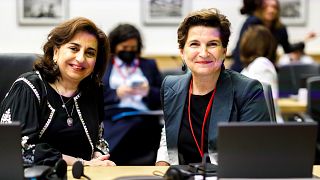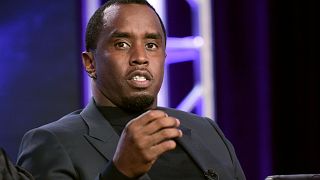Poverty
The coronavirus pandemic and its economic consequences could push as many as 60 million people into extreme poverty.
The World Bank warns that the progress made over the past three years in the fight against poverty could be wiped out. Living on less than $1.90 per person per day is how the financial institution defines extreme poverty.
Nevertheless, its President, David Malpass, welcomes the efforts made so far: $5.5 billion in emergency aid to 100 developing countries.
He says rapid responses are needed to address the health emergency, but also to provide financial support and other scalable resources to protect the poor, preserve private sector activity and strengthen economic recovery and resilience.
The World Bank is also predicting a 5% global recession this year. The 15-month commitment is to give poor countries $160 billion in grants or low-interest loans to help them in health, economic and social development.
The one-year debt suspension decided by the G20 has already benefited 14 countries and 23 others have requested it. But international creditors remain reluctant.
In any case, the World Bank establishes a direct link between advanced economies and developing countries, which are highly dependent on trade and tourism driven by rich countries. This is even more of a determining factor than the generosity of donors.











01:07
Business community must safeguard free trade, Chinese premier tells 'Summer Davos' forum
01:51
WEF's Summer Davos focuses on entrepreneurship and innovation
Go to video
World Bank grants South Africa $1.5B for infrastructure, green energy
01:46
Poverty drives instability, conflict - UN chief
Go to video
What to know about the COVID variant that may cause 'razor blade' sore throats
Go to video
World Bank resumes Uganda loans after anti-gay law freeze